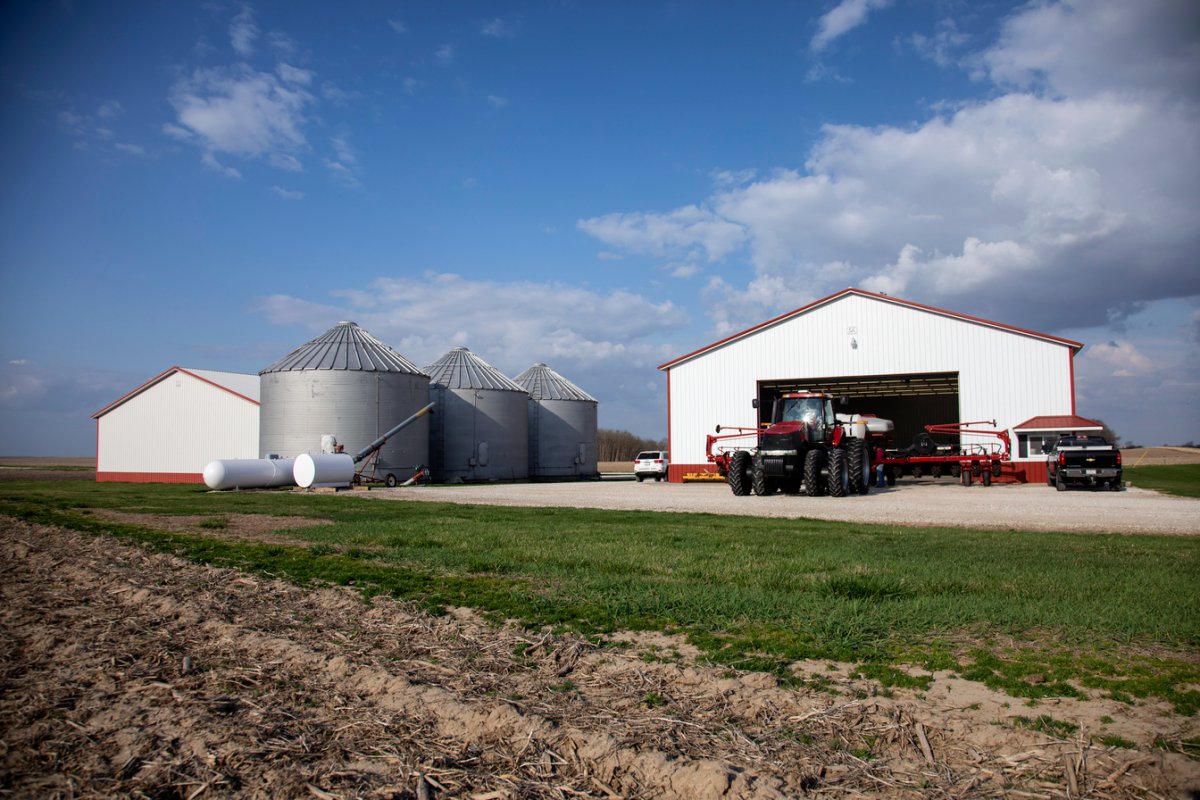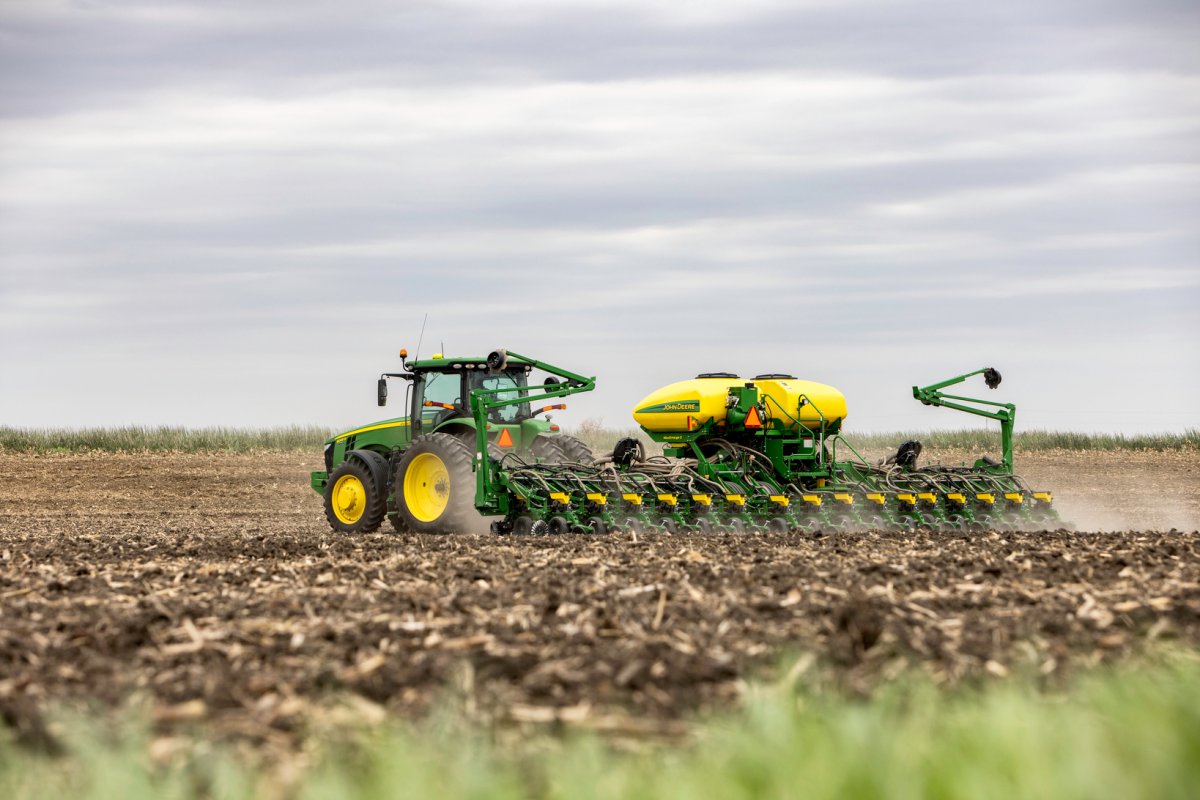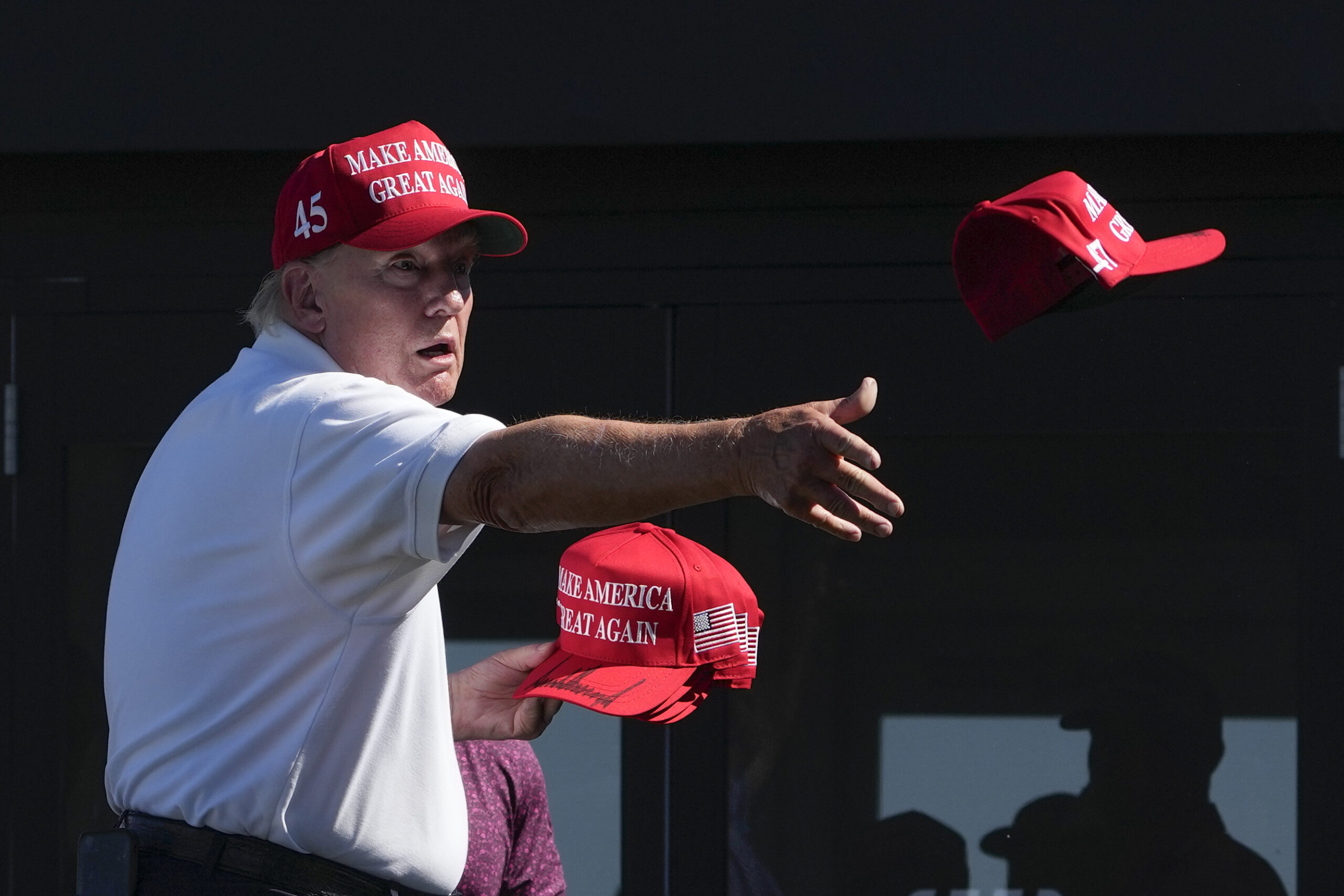
American farmers are once again caught in the crossfire of Trump’s trade wars. Despite a 90-day tariff truce with China, they continue to face rising export costs for soybeans, corn and pork, along with effects from earlier retaliatory tariffs and export restrictions.
The numbers tell a stark story. U.S. soybean exports to China experienced a significant decline during the height of trade tensions. According to data from the United States Department of Agriculture (USDA), from mid-2018 to the end of 2019, retaliatory tariffs imposed by six major trading partners—Canada, China, Turkey, Mexico, the EU, and India—resulted in estimated losses of over $27 billion in U.S. agricultural exports. Soybeans alone accounted for more than 70 percent of those losses.
The financial strain has left many farmers relying on taxpayer-funded bailouts. “Input costs for farmers remain a challenging factor, further compounded by ongoing uncertainty in markets,” Evan Hultine, Vice President of Illinois Farm Bureau (IFB), told Newsweek. “It’s hard enough to market in the weather, let alone add the volatility within the markets.”
Despite the economic toll, political loyalty to Trump among many farmers has remained strong. However, analysts warn the cycle of trade disruption and federal compensation is not only unsustainable but damaging to the long-term health of American agriculture.
“I don’t think farmers support protectionist trade policies—they support Trump for other reasons—mainly social or cultural issues—even though trade wars are bad for their bottom lines,” Tad DeHaven, a policy analyst at the Cato Institute and former Senate policy adviser told Newsweek.
DeHaven’s analysis highlights a paradox. While Trump’s trade wars have hurt farmers financially, the Trump administration sought to “buy off” the agricultural sector with billions in subsidies. “Farmers were bailed out by taxpayers in the first Trump administration,” he said. “Knowing that they would likely be bailed out again, farmers were more willing to accept the economic pain.”
That pain, however, was significant. During Trump’s first term, China—previously the largest buyer of U.S. soybeans—retaliated against U.S. tariffs with tariffs of their own. Even after a 2020 trade agreement partially restored soybean exports, the damage had been done. According to DeHaven, China, along with other trading partners, began shifting to more reliable suppliers, like Brazil and Argentina. “Rather than stabilize agricultural production, [Trump’s] tariff-driven bailouts deepened dependency and inefficiency,” he noted. “They introduced uncertainty and compelled importers in countries like China to source more of their ag imports from other countries.”

Analysts observe that Chinese importers are now turning to South America for poultry and pork and eyeing Australia for wheat, sorghum and barley. Canada and Mexico, also targeted by Trump’s trade barbs, have begun diversifying their import portfolios away from the U.S.
Meanwhile, U.S. farmers are being squeezed on the cost side. Tariffs on steel and aluminum have driven up the cost of farm equipment, while trade restrictions have made key inputs like fertilizer more expensive. Canada, the largest supplier of potash—a vital fertilizer ingredient—has faced barriers under Trump-era trade policies, contributing to higher input prices at home.
“Increased tariffs mean reduced market access and higher costs,” DeHaven said. “Trump effectively treats all imports as bad, but U.S. agriculture depends on open markets both to sell goods and buy inputs affordably.”
To offset the fallout from these policies, Trump’s first term saw $23 billion in direct payments to farmers. And the cycle is poised to repeat. Agriculture Secretary Brooke Rollins has already announced a new $10 billion round of taxpayer-funded farm bailouts authorized in late 2024.
But experts warn this model is unsustainable.
“If history repeats itself, American farmers—caught once again in the crossfire of economic nationalism—will be left with fewer markets, more expensive supplies and increased reliance on federal aid,” DeHaven said. “For taxpayers, the bill will be high. And for U.S. trade credibility, the cost may be even greater.”

On May 15, Sec. Rollins visited the UK to strengthen ties and champion U.S. farmers and ranchers. Over the next five months, she’ll tour Japan, Vietnam, Brazil, Peru, Italy and India to open new markets and boost exports.
USDA spokesperson Seth W. Christensen told Newsweek that Sec. Rollins top priorities are increasing access for American products in existing markets, opening new markets with strong demand for our products and making sure trading partners are treating American farmers, ranchers and producers fairly.
Meanwhile, Hultine said the IFB continues to push for a five-year Farm Bill, emphasizing the need for consistent support and strategic market development both domestically and globally.
DeHaven believes that the key lies in shifting away from reactionary financial relief and toward trade liberalization. He argues that rather than insulating farmers with bailouts, the government should support policies that expand trade, giving farmers greater access to global markets and reducing the cost of essential inputs like machinery, fertilizer, and herbicides. Instead, the administration’s trade policies have limited market access for U.S. goods, creating challenges for the agricultural sector that it publicly champions.





